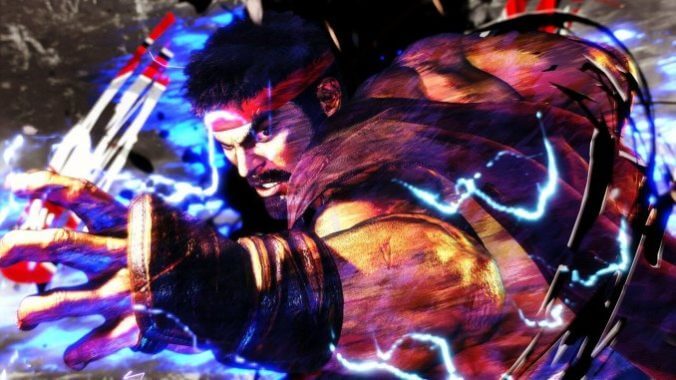
It’s the middle of August, which means we’re on the precipice of what is always the busiest season for new videogames. Before we all get buried under this fall’s new releases, let’s pause, look back, and take stock of the year so far. We’ve already looked at the best Switch games of 2023 and the best games of 2023 overall, and now it’s time to turn our gaze towards the PlayStation. Here are the best PlayStation games of 2023 so far, for either the PS5, the PS4, or both.
10. Star Wars Jedi: Survivor
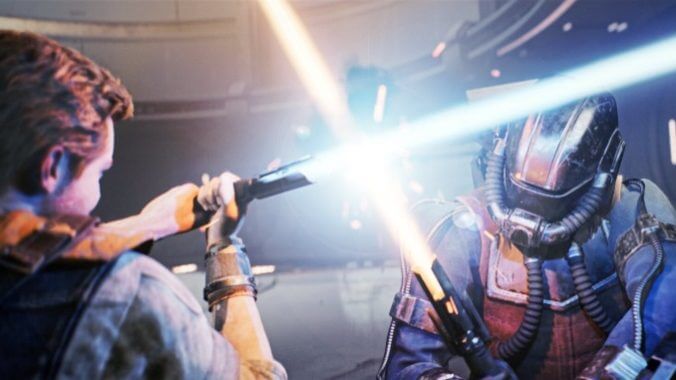
Cal Kestis has been my reentry point into Star Wars. Heading into Jedi: Survivor, he’s a character with a slate informed by one game and a limitless future. And the new Rumor System taps into what I love about the franchise, the way stories live on within the confines of the media created as much as for audiences. As a franchise, the galaxy is held together by stories, legends that persist across the planets about rebels and Jedis and that are told through the people who encounter them. The Rumor System taps into this to allow the player to pick up side quests, but for me, it’s a welcome return to that world of stories. While I’m entirely overwhelmed by the amount of Star Wars there are right now, their existence makes me think of how many generations will continue to make their first memories with the franchise, or what will make others like me come back to it. I could see Jedi: Survivor work for both. As a videogame, there is a lot to grab onto even outside of the Star Wars of it all. It has stellar combat, killer platforming, and a story that’s accessible to people who aren’t well-versed in Star Wars lore, but still has enough of it to hint at the depth and scope of this universe.—Kate Sánchez
9. Final Fantasy 16

Final Fantasy 16 isn’t short of reasons to be hesitant about it, but despite them, it sings better than you might think. The story may suffer from the classic Final Fantasy dilemma of tackling a lot of characters and trying to find a time and place for them all, but also holds nothing back in regards to its main themes along the way. The developers may stumble on their way to realizing a fully diverse cast, but that cast is also hugely talented and commands their scenes when needed, bringing layers to characters that could’ve been afterthoughts or simple fodder. Even when Final Fantasy 16 turns away from most of the systems that would make it a compelling and tactical RPG, it embraces a deeply rewarding combat system that lets it be expressive in its own way entirely. It’s a button-mashing, occasionally awkwardly sexed-up and mature action game that seems at least a bit ashamed to fully be an RPG, opting instead to fill the space those systems would occupy with timed button prompts a decade out of touch and endless spectacles. It is, at once, this cosmically confused product on one hand, and the most self assured thing on the other. In other words, it’s an RPG fitting of the era, and one of the best games of 2023 so far.—Moises Taveras
8. Tchia
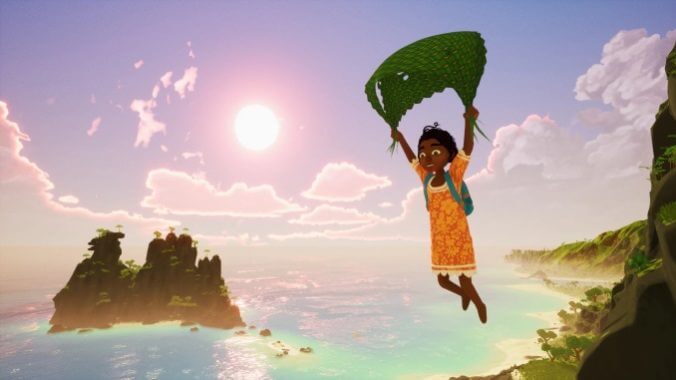
Tchia‘s depiction of the unique Melanesian culture of its developers’ homeland, one rarely seen in mainstream global entertainment, is what makes this Zelda-inspired game so special. Although based in a fictional setting, Tchia underscores the importance of New Caledonia’s traditions through the emphasis on the “coutume,” a customary greeting gift that drives much of the game’s collection. Tchia’s most vibrant moments come after you earn the trust of a village, which often leads to a post-dinner celebration with music and dancing. These elaborately choreographed and directed dance numbers double as rhythm mini-games, with Tchia playing along on a ukulele or various percussion instruments while you try to tap buttons according to the onscreen prompts. And although rural settlements are found throughout the game’s many islands, it also goes out of its way to show that small Oceanic countries like New Caledonia have developed urban centers filled with cars and tall buildings. Tchia doesn’t just want to share New Caledonia’s traditions, but flout whatever stereotypical expectations players from larger countries might have about the archipelago. You can file the unrealistic, sci-fi trappings of the story under that latter goal; instead of relying simply on mysticism and folklore for its more fantastical elements, Tchia mixes that up with a spot of sci-fi to subvert expectations. New Caledonia might be a small country in the middle of the Pacific, the developers at Awaceb seems to say, but that doesn’t mean it stories have to remain stuck in the past.—Garrett Martin
7. Season: A Letter to the Future
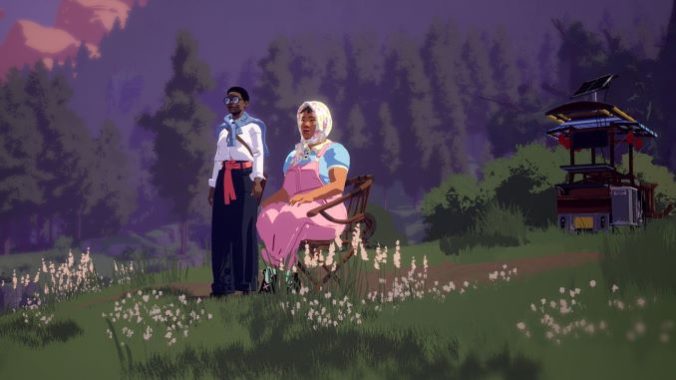
Season: A Letter to the Future perfectly encapsulates why we need to meaningfully record the world around us. You play as Estelle, who leaves her mountain village for the first time due to her friend’s prophetic dream. Your mission is to capture the world as this season ends and the next begins by taking photographs, sketching scenery, taping sounds, and interacting with people you meet along the way. All of your cataloging has a purpose: to ensure that people remember what your time was like before things change irrevocably. Few games hold the distinction of both making you want to delve further into their world, while also compelling you to step outside into our own. With Season, you can get lost in the animators’ artistic work for myriad hours, but the overwhelming experience of this game will inspire you to savor our world, too.—Clare Martin
6. Oxenfree II: Lost Signals
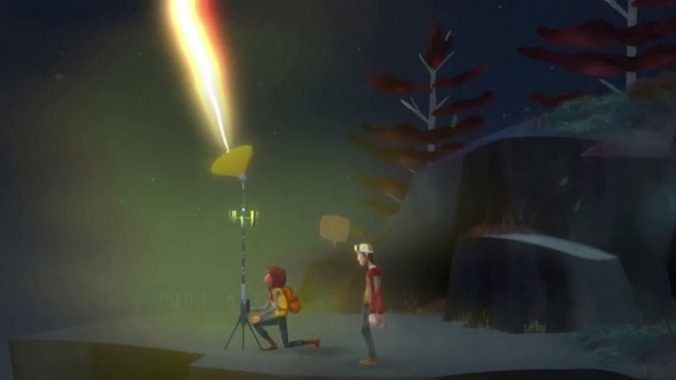
More characters and conversation options fill in the gaps of what feels like a slimmer and tighter sequel, and are smart ways to build on the fairly grounded and simple foundation laid out by the original without bloating the sequel. Camena comes across much more believable than Edwards Island (a tourist trap with zero tourists) without filling the screen with bustling towns and scores of characters that would’ve felt out of place in this story and world. Importantly, none of it really bogs down the experience, which satisfyingly runs its course in about six to seven hours and delves further into what’s been going on in and around this town before the events of the games and since the original title. Oxenfree II, despite its proclivity for confusing jumps and skips in time, loops, and detours into other dimensions, is as direct a sequel as you can make to one of the most impactful games of my life, and I’m glad for it.—Moises Taveras
5. Venba
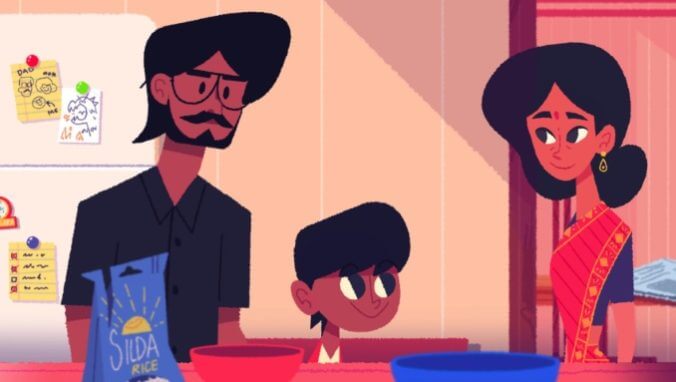
This short, bittersweet visual novel / puzzle game hybrid examines the immigrant experience through the crucial cultural bedrock of cooking. Set across three decades in the lives of an Indian family who’ve resettled in Canada, Venba is yet more proof that games have the unique capacity to engage us emotionally in ways that other mediums can’t. (Not to say that games are inherently “better” than literature or movies or any other medium, just that it can do things other mediums can’t, just as other mediums can do things games can’t. Uh, yeah.) Like the best meals, Venba ends too soon, but it’s so rich and fulfilling that it’ll leave you satisfied.—Garrett Martin
4. Resident Evil 4
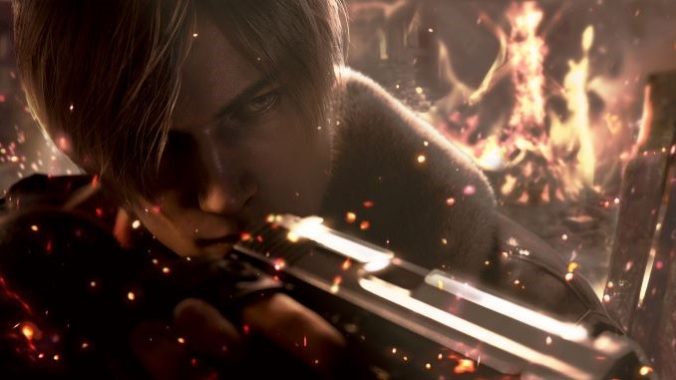
Where do you start when remaking a classic? For many, Resident Evil 4 is the quintessential survival-horror game. Time has proven that the game’s shift to action was ultimately the best move. Resident Evil 4 has long been considered an immutable text, and yet at the same time, a large enough contingent of its adorers have clamored for a remake, something that’d necessitate some degree of change to validate its costly existence. The answer, even if it sounds sacrilegious, has been to remix and refine what’s there for a modern crowd .The best possible thing you all could’ve hoped for did come true: The Resident Evil 4 remake is a smashing success. It’s both scary and thrilling, and clears up that not only was its initial success no fluke, but that few titles have properly challenged it ever since. Whether this is your first or most recent trip through its wacky Spanish cult-fest, I’m positive you’ll find lots to love in this game that seems built to last.—Moises Taveras
3. Dredge
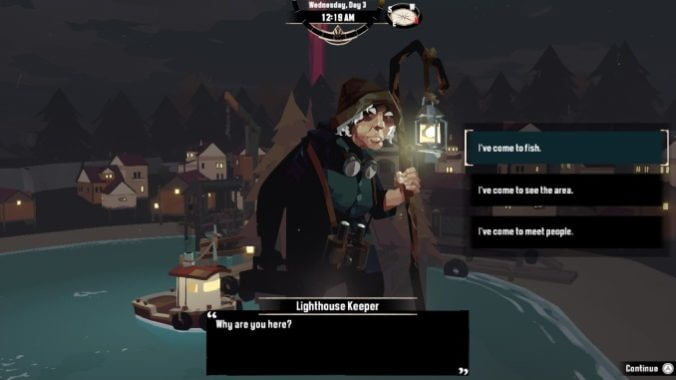
Dredge is over before you know it, in part because it’s genuinely a short game, but also because it kind of wraps you in its eldritch tendrils and doesn’t let go until you’re done with it. I’ve rarely played a game with a more satisfying and simple loop in an intriguing and dubious world I just wish I could’ve seen more of. Between the cults (yep, this game has got those too) and the sort of unexplained nature of Why This Stretch Of Sea Is Like This™, I think it’s actually a world ripe for even more exploration. But even if nothing more should come out of it, Dredge is a wonderful experience in smooth sailing over choppy (maybe even supernaturally charged) waters.—Moises Taveras
2. Baldur’s Gate 3
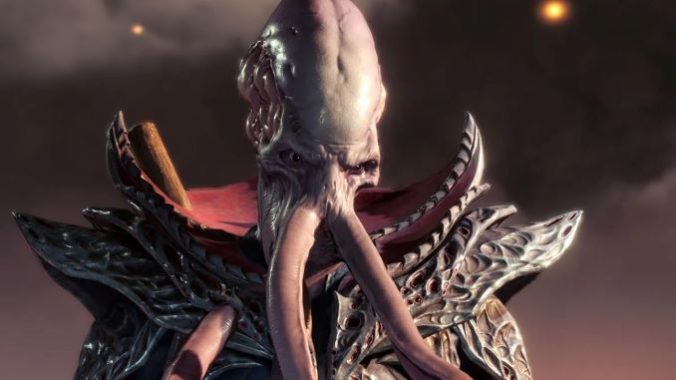
Baldur’s Gate 3 smartly does away with Dungeons & Dragons’ tedious systems of alignment, along axes of chaos to lawful and good to evil. While the game allows ludicrous villainy, most of its choices are not really moral (at least in the limited way that computer role-playing has traditionally understood morality). Rather, they are social. The game grants Inspiration points when you act in accordance with your character or your party members. This system means you are primarily incentivized to role-play and to please your companions. Choices like “burning down the orphanage” are alternatives to the principle decisions of the game, rather than central fixtures. The game is primarily interested in putting you in uncomfortable or uneasy situations, where every choice made closes some future door, and figuring out what your fantasy character would do. It feels expressive, rather than judgmental. This social negotiation extends to your party. You travel with other characters not because you get along, but because you have a shared affliction and shared goals. Your relationships feel nicely, if crudely, shaped by your choices and whether your party members approve of them. It’s easy to reduce your crew to an assortment of genre clichés. A cocky mage, an extravagant rogue, a noble but tortured Warlock. While I’m frankly not far enough to know for sure, I feel pretty confident that there is more below the surface. For example, the Githyanki fighter Lae’zel radiates authority, but among her kin she is just another soldier, resolute, but lowly. Again, every situation is a social negotiation with which you and your party interact. Some of your party members might also know more than you. The amount of proper nouns and big ideas Baldur’s Gate 3 throws around is immense, but it is in service of regular human drama.—Grace Benfell
1. Street Fighter 6
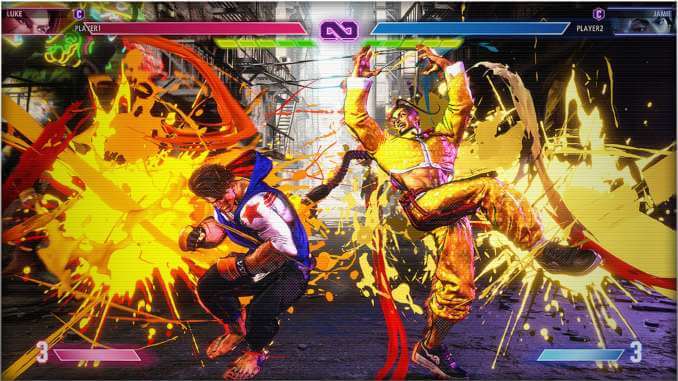
All long-running games eventually have to figure out how to attract new players without disenchanting their fans. It’s even tougher with fighting games, and especially one as old, beloved, and rich in history as Street Fighter. Street Fighter 6 has figured out how to cater to its massive following while still welcoming new players, and then providing both with the innovation of a surprisingly deep RPG on top of the core fighting game. Whether you’ve been mixing it up in those streets for decades or never even reeled off a single hadouken before, Street Fighter 6 should be on your fight card. It’s the new standard in fighting game excellence, and the best game of 2023 so far.—Garrett Martin